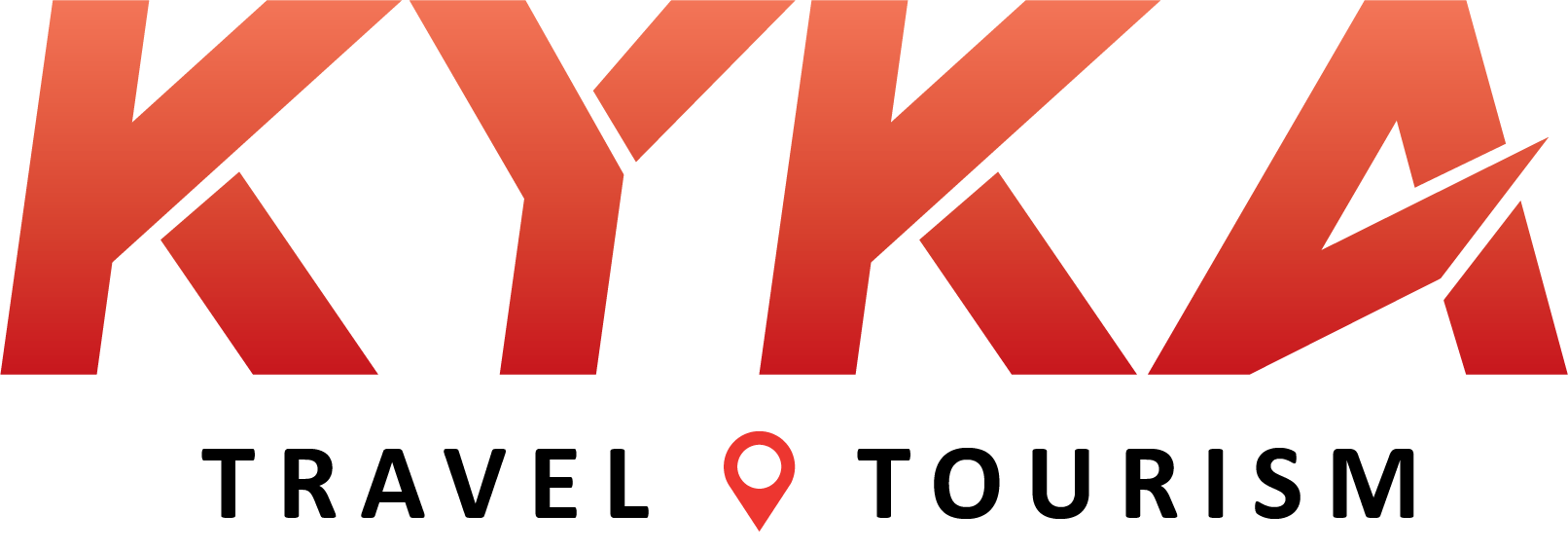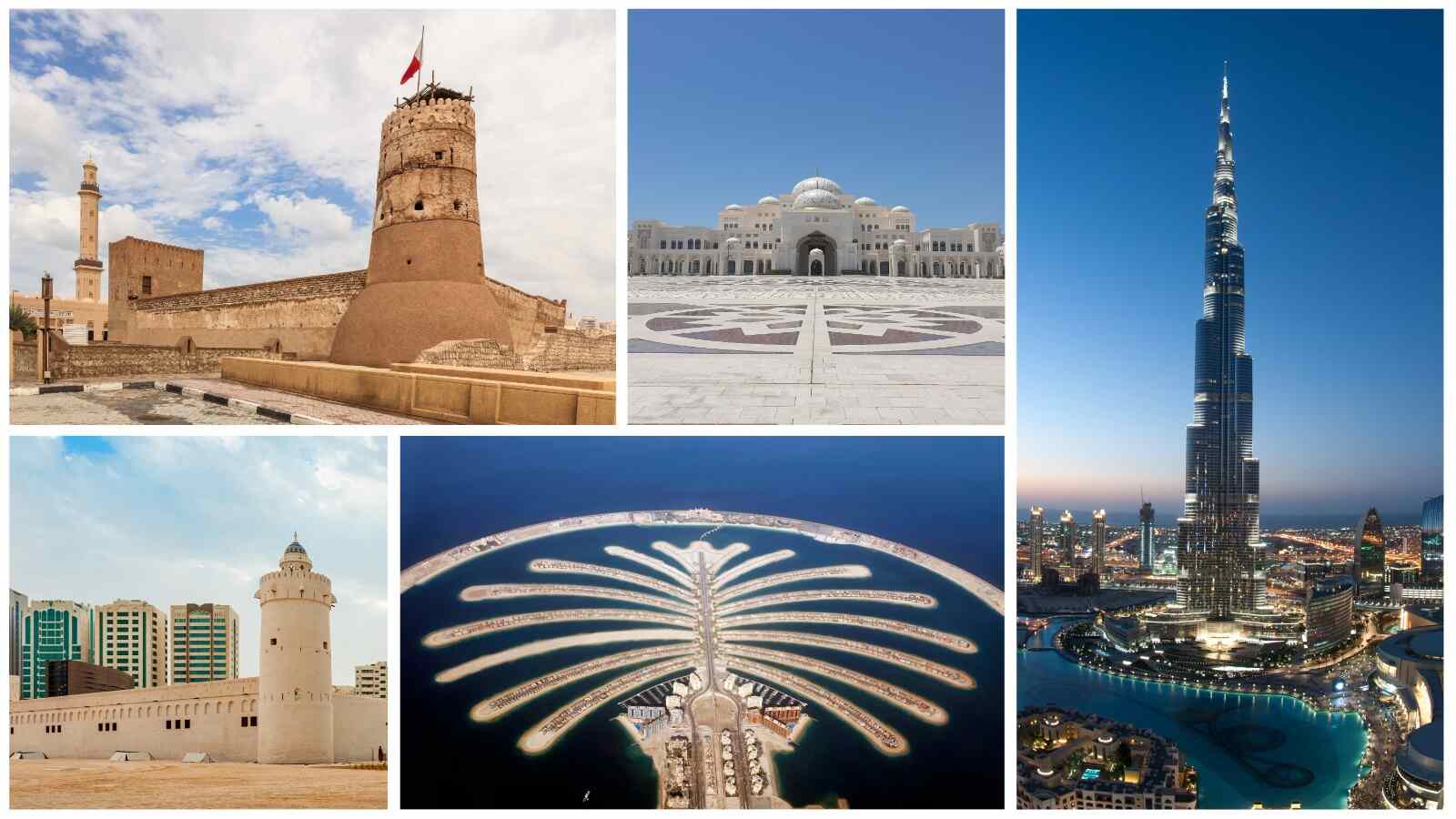Dubai is a city that captures the imagination with its blend of rich history, cutting-edge innovation, and unmatched luxury. For travelers, it offers a unique experience that spans from ancient traditions to futuristic marvels. Let’s embark on a journey through Dubai’s past, present, and future, and discover why it remains a top destination for tourists worldwide.
Unveiling the Past: Dubai’s Humble Beginnings
Early History and Settlement
Dubai’s history dates back to ancient times when it was a modest settlement known for its fishing and pearl diving industries. Archaeological evidence indicates that the area was inhabited as early as the third millennium BCE. Situated along the Persian Gulf, Dubai’s strategic location made it a vital trading post, attracting merchants and settlers from across the region.
In the early 19th century, the Al Maktoum dynasty established its rule, setting the stage for Dubai’s future growth. The city’s rulers were known for their diplomatic skills and ability to forge alliances, ensuring the emirate’s stability and prosperity.
The Discovery of Oil and Economic Transformation
The discovery of oil in the 1960s was a turning point in Dubai’s history. The newfound wealth from oil exports funded an ambitious infrastructure development program, transforming Dubai into a modern city. Roads, ports, and airports were constructed, attracting foreign investment and expertise.
Recognizing that oil reserves were finite, Dubai’s leaders proactively diversified the economy. They developed key sectors such as trade, tourism, real estate, and finance, laying the foundation for Dubai’s emergence as a global business hub.
Embracing the Present: Dubai as a Modern Marvel
Architectural Wonders and Urban Development
Dubai’s skyline is a testament to its architectural ambition and innovation. The Burj Khalifa, standing at 828 meters, is the tallest building in the world and symbolizes Dubai’s aspirations. Other notable structures include the sail-shaped Burj Al Arab, the twisting Cayan Tower, and the sprawling Palm Jumeirah, an artificial archipelago that has become a global icon.
The city’s commitment to urban development is evident in its numerous mega-projects. The Dubai Marina, a man-made canal city, offers a luxurious waterfront lifestyle, while Downtown Dubai is home to the Dubai Mall, the world’s largest shopping mall, and the Dubai Fountain, a mesmerizing water and light show. These developments have not only enhanced the city’s infrastructure but also positioned Dubai as a premier tourist destination.
A Hub for Business and Innovation
Dubai’s strategic location between Europe, Asia, and Africa makes it a natural hub for trade and commerce. The city hosts numerous international conferences, exhibitions, and trade shows, attracting business leaders and entrepreneurs from around the world. The establishment of free zones, such as the Dubai International Financial Centre (DIFC) and Jebel Ali Free Zone (JAFZA), has further bolstered its status as a global business center.
In recent years, Dubai has also emerged as a leader in innovation and technology. The city has embraced the concept of smart cities, leveraging digital technologies to enhance urban living. Initiatives such as the Dubai Future Accelerators and the Dubai Blockchain Strategy aim to position the city at the forefront of technological advancements, fostering a culture of innovation and entrepreneurship.
Cultural Heritage and Diversity
Despite its rapid modernization, Dubai has managed to preserve its cultural heritage and traditions. The city’s historic district, Al Fahidi, offers a glimpse into its past with its narrow alleyways, wind towers, and traditional courtyard houses. The Dubai Museum, housed in the Al Fahidi Fort, showcases the history and culture of the region, providing visitors with an insight into Dubai’s journey from a fishing village to a global metropolis.
Dubai’s multicultural population is another testament to its diversity and inclusivity. The city is home to expatriates from over 200 nationalities, creating a vibrant and cosmopolitan society. Festivals and events celebrating different cultures, such as the Dubai Shopping Festival and the Dubai Food Festival, reflect the city’s commitment to promoting cultural exchange and understanding.
Envisioning the Future: Dubai’s Path to Innovation
Pioneering Projects and Technological Advancements
Dubai’s vision for the future is epitomized by its pioneering projects and technological advancements. The Dynamic Tower, a proposed rotating skyscraper, will feature floors that can rotate independently, offering residents 360-degree views of the city. This innovative design reflects Dubai’s penchant for pushing architectural boundaries and creating iconic landmarks.
Another groundbreaking initiative is the Dubai Autonomous Transportation Strategy, which aims to make 25% of all trips in the city autonomous by 2030. This includes the development of autonomous flying taxis, which will provide a new mode of transportation, reducing traffic congestion and enhancing mobility. The city’s focus on cutting-edge technologies extends to various sectors, including healthcare, education, and public services, with the aim of improving the quality of life for its residents.
Sustainability and Smart Urban Planning
Dubai’s commitment to sustainability is evident in its ambitious green initiatives and smart urban planning. The Dubai Clean Energy Strategy 2050 aims to make Dubai a global center for clean energy and green economy. The strategy includes the establishment of the Mohammed bin Rashid Al Maktoum Solar Park, one of the largest solar parks in the world, which will generate clean energy and reduce the city’s carbon footprint.
The city is also investing in smart urban planning to create sustainable and livable communities. Projects such as the Sustainable City, a residential development that prioritizes renewable energy, waste management, and water conservation, demonstrate Dubai’s dedication to creating a sustainable future. The city’s smart city initiatives leverage technology to enhance infrastructure, transportation, and public services, ensuring a high quality of life for its residents.
Expo 2020 and Beyond
Expo 2020, hosted by Dubai, was a monumental event that showcased the city’s vision and capabilities on a global stage. With the theme “Connecting Minds, Creating the Future,” the expo brought together countries, organizations, and innovators to address global challenges and explore opportunities for collaboration. The legacy of Expo 2020 continues to shape Dubai’s future, driving economic growth and fostering innovation.
The District 2020 development, which will repurpose the Expo 2020 site into a smart and sustainable urban community, is a testament to Dubai’s forward-thinking approach. This development will serve as a hub for innovation, attracting businesses, startups, and researchers to collaborate and create solutions for a better future.
Conclusion: A City of Vision and Perseverance
Dubai’s evolution from a humble trading post to a global powerhouse is a testament to the power of vision and perseverance. The city’s ability to embrace change, innovate, and adapt has driven its remarkable transformation. As Dubai continues to shape its future, one thing is certain – it will always be a place where dreams become reality.
For travelers, Dubai offers an unparalleled experience that blends tradition and modernity. From exploring its rich cultural heritage to marveling at its futuristic skyline, Dubai promises a journey like no other. As the city looks ahead, its commitment to sustainability, technology, and cultural diversity will ensure that it remains a beacon of progress and a symbol of what can be achieved with vision and determination.


